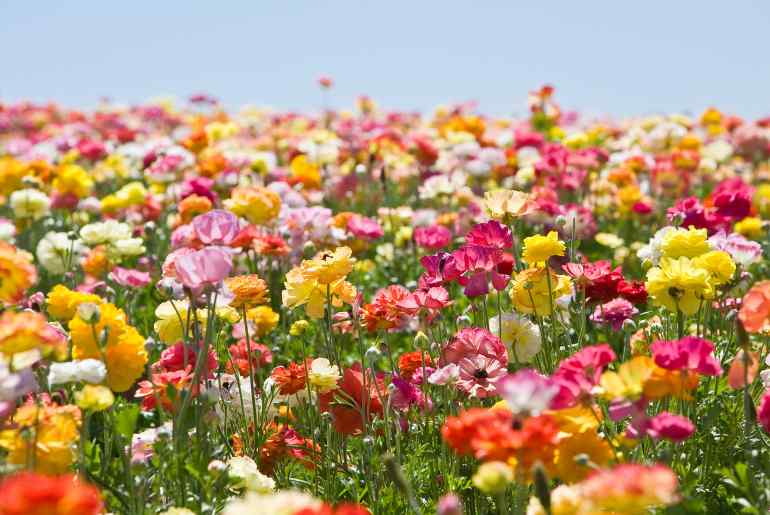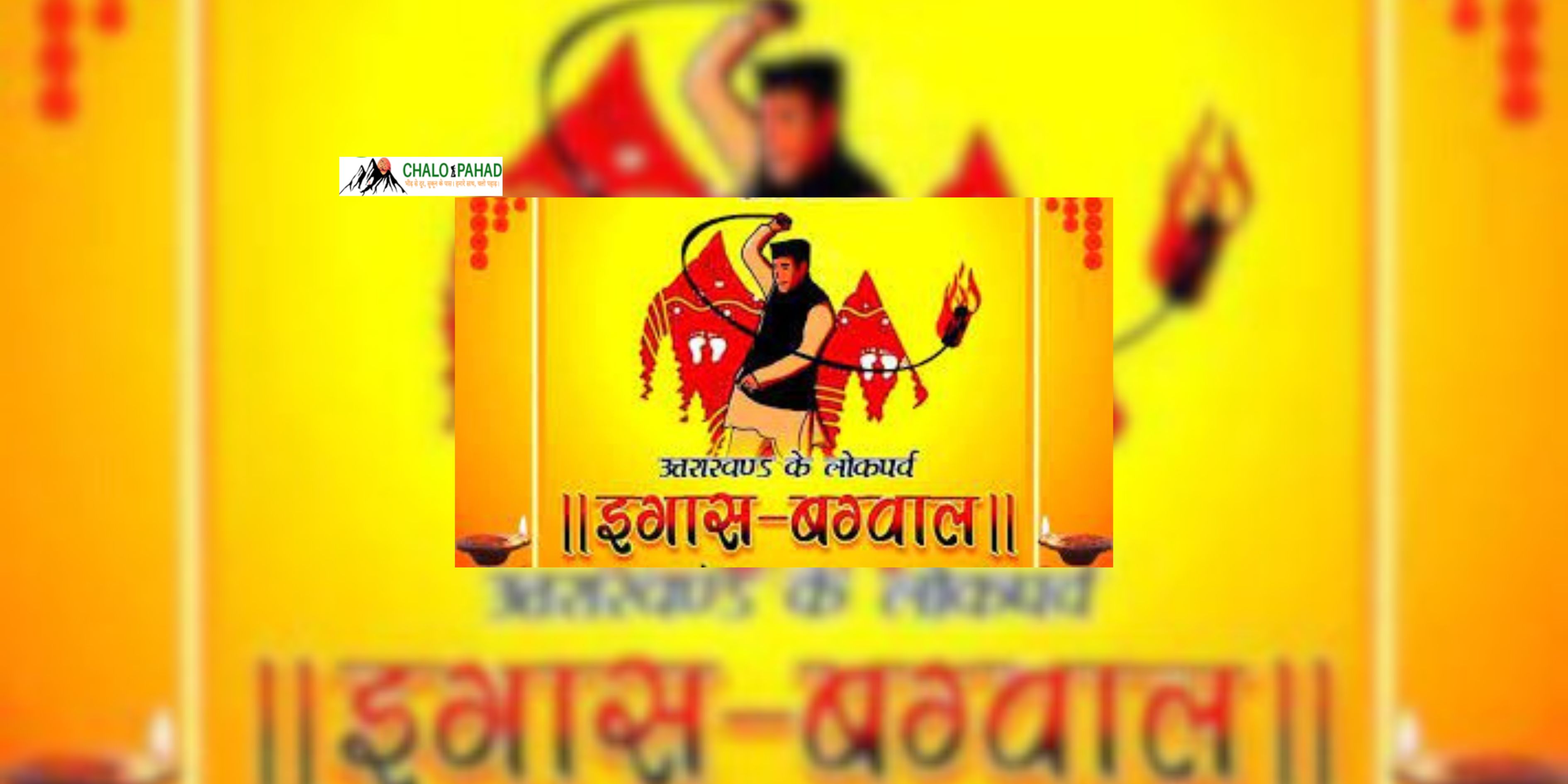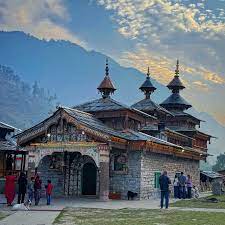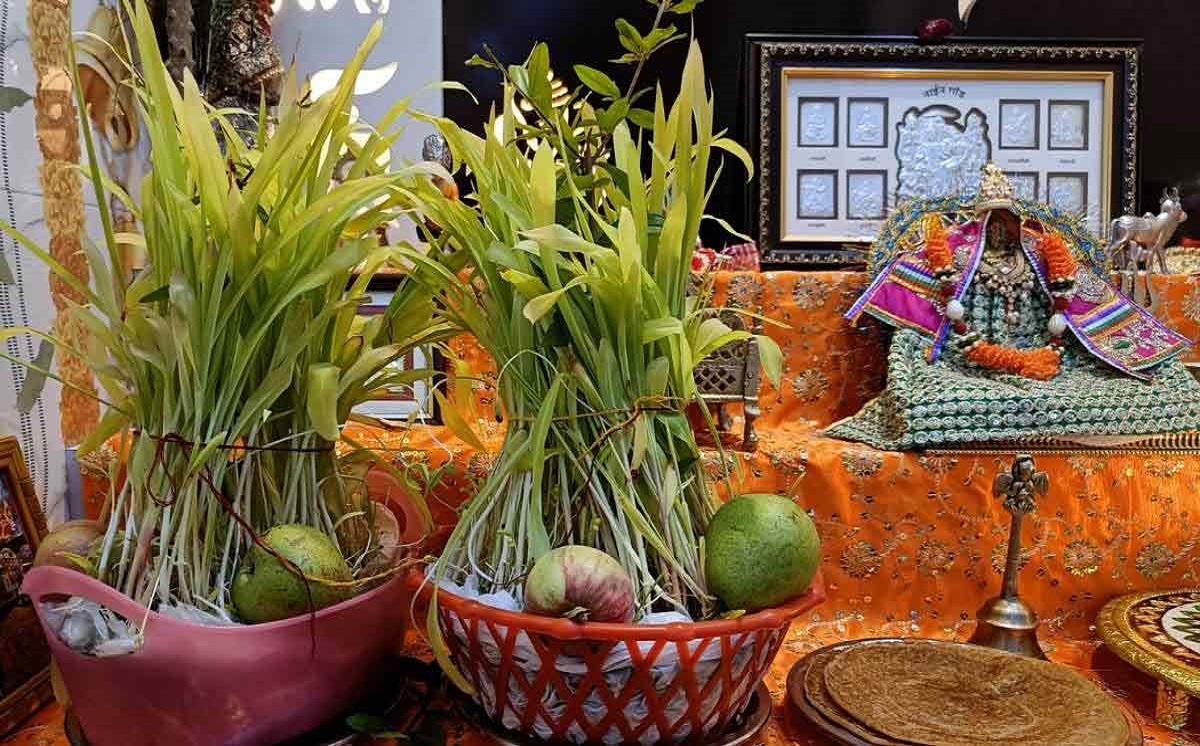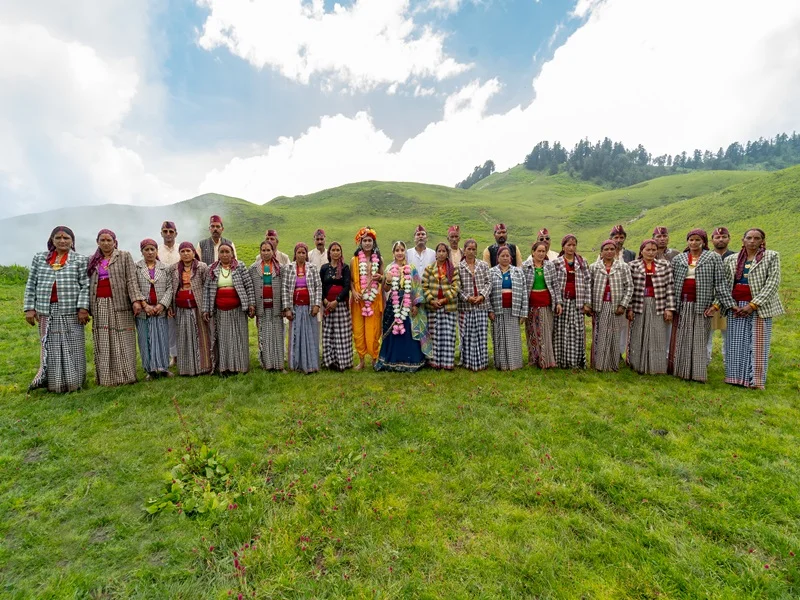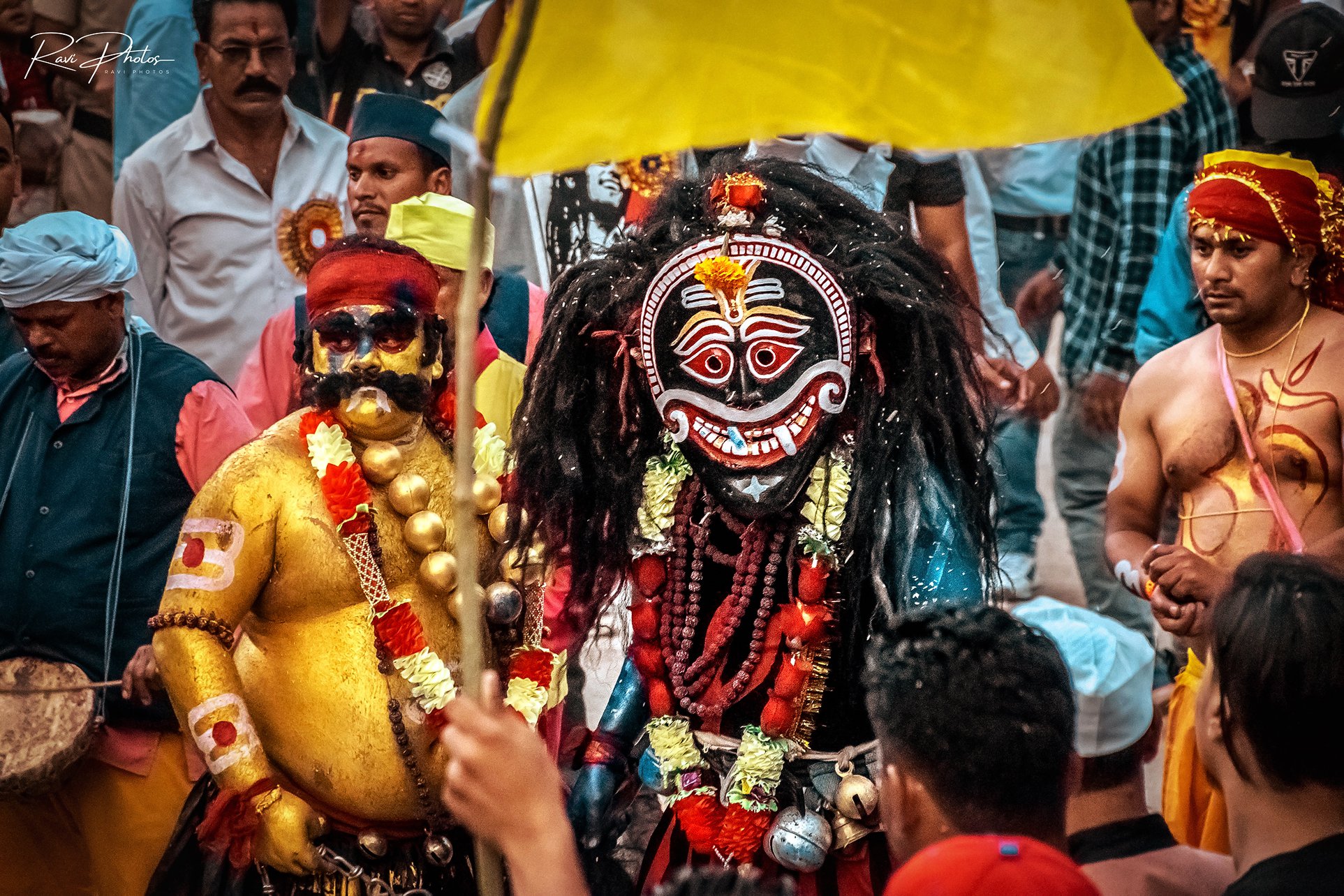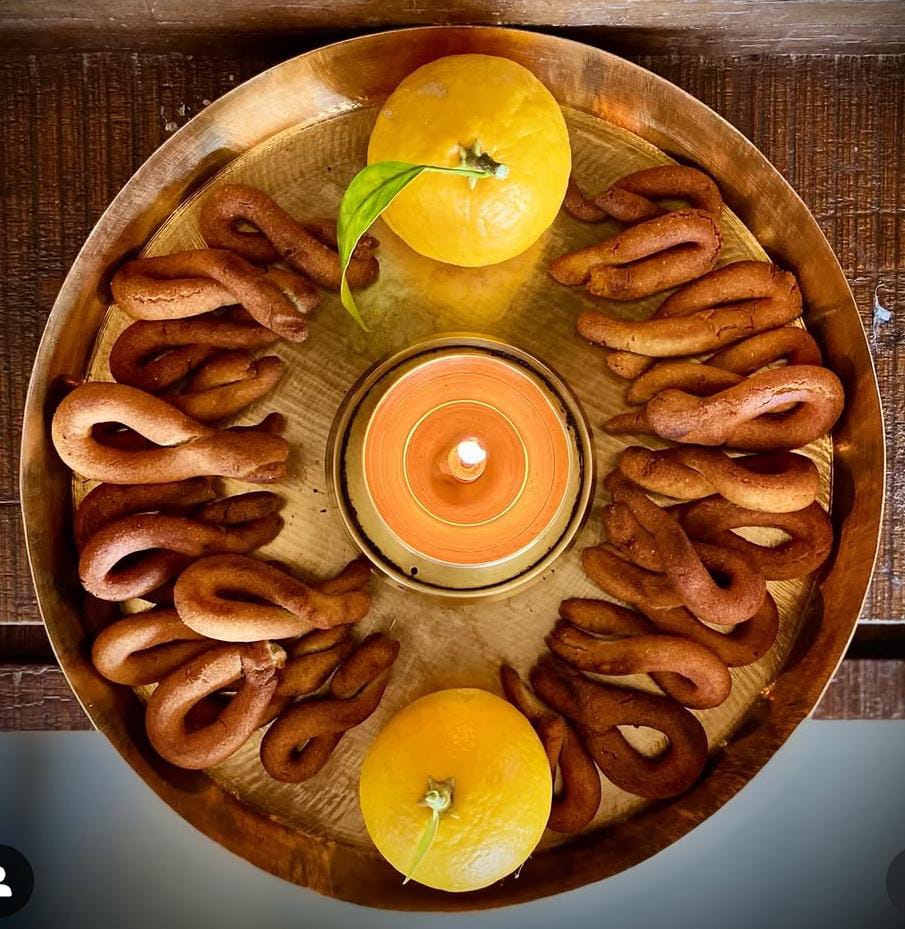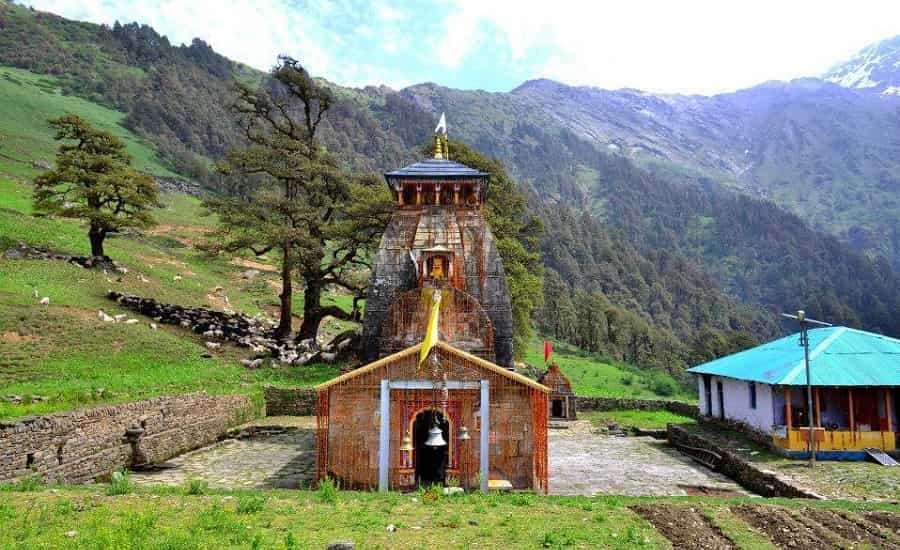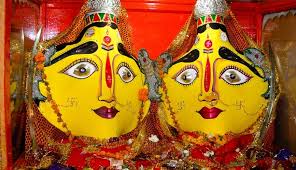In the hill villages of Uttarakhand, spring does not arrive quietly. It comes with songs at the door, flowers scattered on thresholds, and the laughter of children sporting plates full of color. This is Phool Dei (फूलदेई उत्सव), a party that belongs as much to the fields and forests as it does to people’s homes.
What Phool Dei Stands For
The pageant begins on the primary day of चैत्र (Chaitra), usually in March. Winter has simply loosened its grip by using then. Snow melts in the better ridges, new shoots appear in the fields, and the red blossoms of बुरांश (buransh) start brightening the slopes.
The word itself is simple. Phool way flower. Dei means imparting. Together, it is the act of giving flowers, but with it comes blessings, songs, and the hope for a 12 months packed with grain and appropriate fortune.
The Morning Rituals
Phool Dei is led in most cases by younger ladies. At sunrise, they step out in businesses, carrying थालियाँ (thalies) adorned with marigolds, rice, and jaggery. As they move from residence to residence, they place vegetation on the thresholds, making a song verses that wish prosperity.
The songs are simple, remembered by heart:
“फूल देई, छम्मा देई” – flowers at your door, blessings in your store
“देई द्वार, भर भकार” – may your storeroom be full of food
Each home greets them with smiles and small offerings in return – jaggery, grains, or sweets. The exchange is less about material and more about the warmth of welcome.
A Celebration of Nature
Unlike festivals tied to large temples or idols, Phool Dei happens in courtyards, in lanes, at doorsteps. It is nature itself that is honoured. The flowers symbolize growth, the season’s turn, and the beauty that sustains life.
The hills look different at this time. Rhododendrons paint the slopes red, and fields smell fresh with the hint of harvest to come. For villagers, to place these blossoms at the door is to invite prosperity and to thank the earth for its generosity.
The Songs That Carry Memory
Old songs of Phool Dei still echo in many villages. They are not sung for performance but for continuity. Girls, often shy at first, gather courage as they move from one home to the next. Their voices overlap, sometimes off-tune, but full of cheer.
What stays with you is the rhythm of those lines, sung without instruments, carried by air and footsteps. It is this music that binds the old with the young, reminding every generation where they belong.
Togetherness in Small Gestures
- Phool Dei is not about spectacle. Its strength lies in its simplicity.
- Every home opens its doors.
- Every family, rich or poor, offers what it can.
- Elders watch with delight as youngsters convey ahead the lifestyle.
The festival becomes a reminder that समृद्धि (prosperity) isn't measured in gold or wealth, but in the bonds that preserve a community collectively.
Flavours of the Festival
Food for the duration of Phool Dei is unassuming, however memorable. Rice, curd, and jaggery are considered auspicious. Some houses put together पकोड़ी (pakodi), पूली (poli), or warm सिद्दू (siddu). These are shared not only inside households but also with neighbours and visitors.
The taste is simple, but it incorporates the freshness of the season. Sitting in a courtyard, ingesting a handful of sweetened rice after listening to children sing on the door, you recognise that this is how fairs within the hills stay alive, not through grandeur, but via sharing.
Why Phool Dei Matters Today
Modern life often moves away from old traditions. Yet Phool Dei still matters, perhaps more than before.
- It keeps alive the habit of giving before receiving.
- It teaches children that nature is not a backdrop, but a partner.
- It reminds communities that prosperity grows when shared.
- It connects people to the rhythm of the land and season.
In towns, the festival may be fading. But in villages, the sight of girls carrying flower-filled plates at dawn is still common. It feels like a quiet resistance against forgetting.
Experiencing Phool Dei as a Visitor
If you happen to be in Uttarakhand in March, you might witness this festival. It will not be marked by huge crowds or decorated stages. Instead, you may find a group of children singing outside a wooden doorway, leaving flowers as they smile shyly.
The best way to experience Phool Dei is by walking through a village early in the morning. Watch how families receive the children, notice the ease with which generosity flows. If invited inside, sit for a cup of tea or a simple snack. That is the heart of the festival.
Closing Thought
Phool Dei is one of those uncommon galas that does not weigh you down with noise. It remains small, like the plants scattered at doorsteps. But it runs deep.
It teaches that each season of life is well worth honouring, that prosperity is sweeter whilst shared, and that nature merits gratitude with every new bloom.
When you depart a village after Phool Dei, the image that remains isn't always of crowds or idols, but of youngsters on foot, barefoot at dawn, singing softly, carrying flora and benefits in equal measure. The fragrance of बुरांश (buransh) inside the air lingers, reminding you that spring in Uttarakhand isn't just visible, it's far lived.

